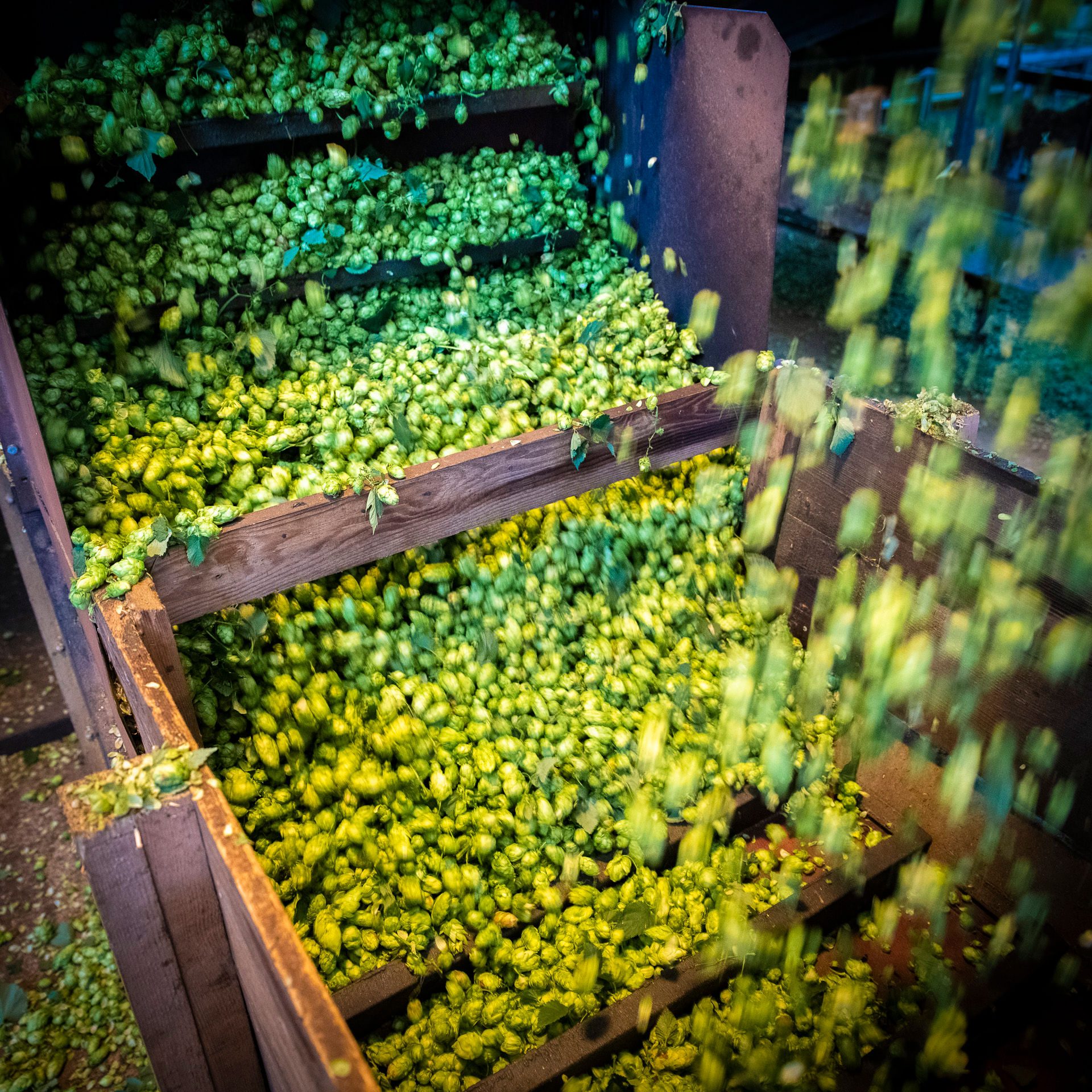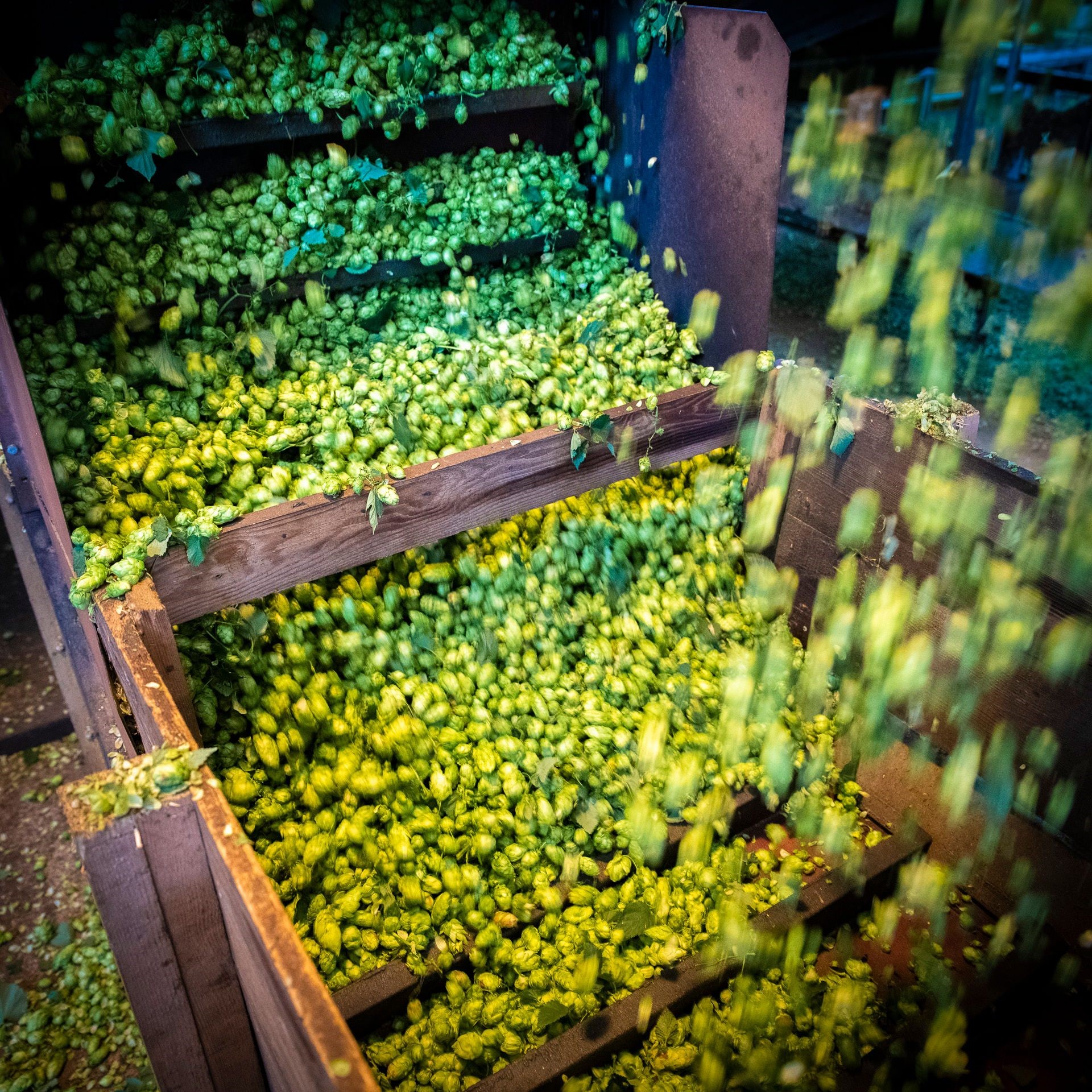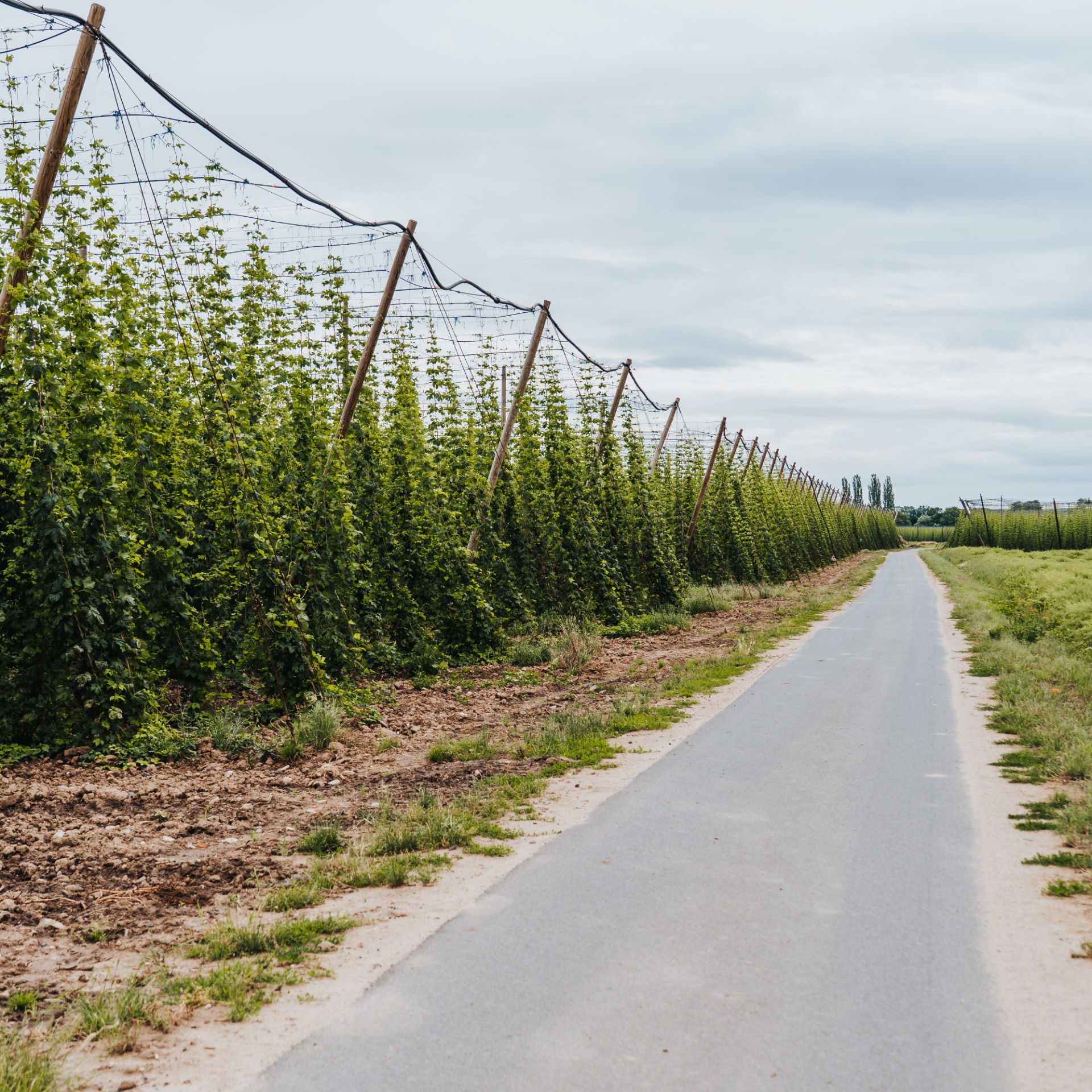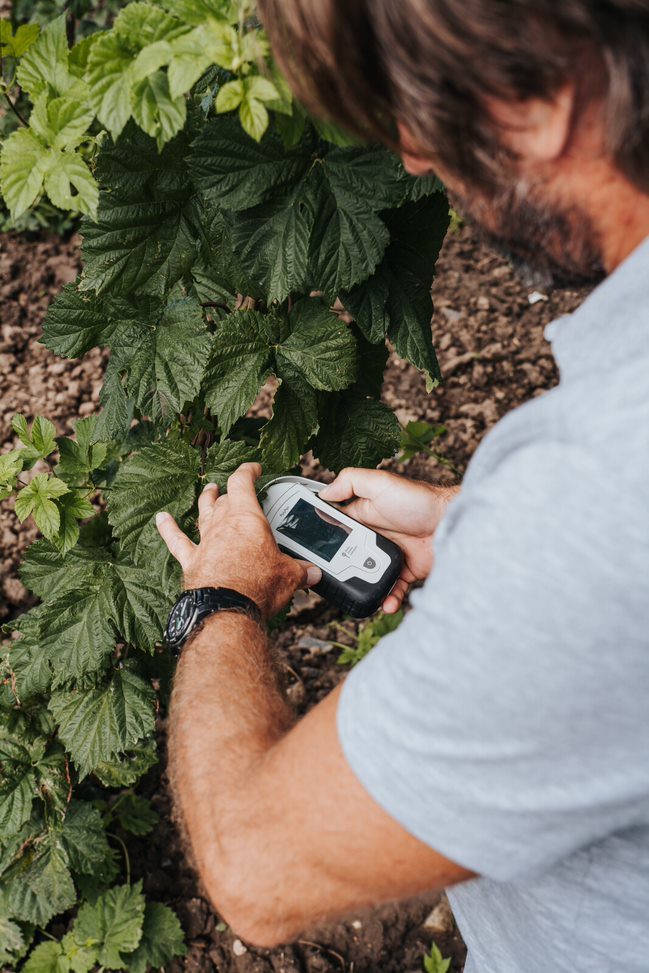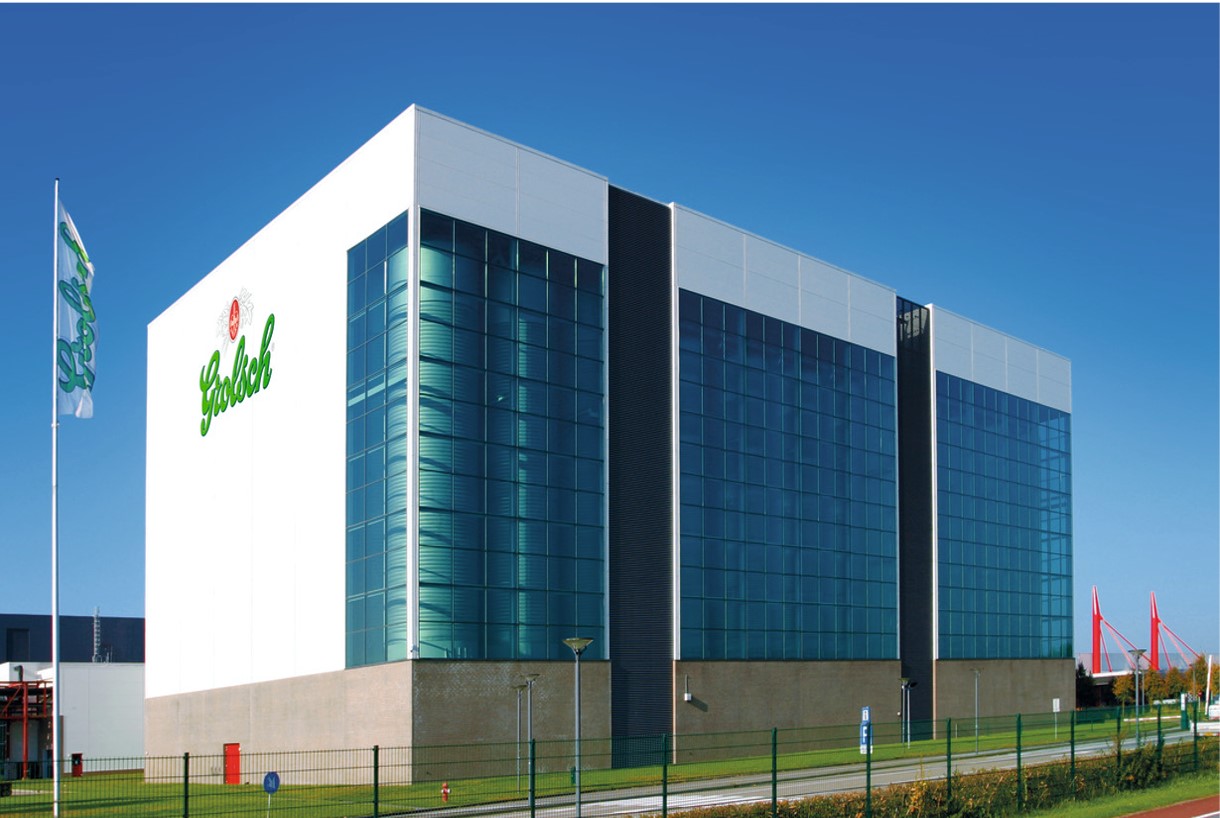The FOR HOPS project initiated by Plzeňský Prazdroj, together with Microsoft and other tech companies monitored this year's unusual behavior of hops due to intense rain and heatwaves. The findings from the measurement will be now used to create a new app, which will help farmers grow this traditional plant of the brewing industry.
-
Weather conditions of severe summer temperatures and torrential rains have led to a high level of stress of hop plants and low success for this year’s hop season
-
Findings from six pilot farms will be used to create an irrigation app to help farmers monitor conditions.
-
Project conducted by Plzeňský Prazdroj(Part of Asahi Europe & International), Microsoft, Agritecture Consulting, the Hop Research Institute and the Hop Growers Union of the Czech Republic.
Last autumn, six hop yards in the Saaz region of the Czech Republic joined the FOR HOPS project, having soil probes, weather stations and time-lapse cameras installed on hop yards. In spring, ‘hops ECG’ sensors were attached to grown hop plants. These devices had been monitoring the condition of plants and on hop yards throughout the year.
The present analysis of results shows that climate change factors including severe draught, and torrential rains have led to a high level of stress of hop plants. Summer days exceeding 30 degrees combined with short and intense periods of heavy precipitation caused damage to hops, leading to a low yield.
The FOR HOPS project recorded comprehensive measurements of this unusual vegetation period. Sensors placed directly on plants measured not only the flow of nutrients, but they also managed to indicate the level of stress of plants following from the change of climate conditions. The collected data is now being analysed by experts from Microsoft together with agronomists from the Belgian company 2grow and engineers from the Canadian start-up company TensoAI in cooperation with researchers from the Czech Hop Research Institute.
The measured data is compared with more information from soil probes, weather stations and data from the planetary computer of Microsoft. Alex Mitro from Microsoft commented: “We have very valuable and comprehensive data which forms a database. At the moment, we are working on a special app which will tell growers when and how much they should irrigate their hop plants, how to take care of them, all the way to the level of individual hop yards. Thanks to this, they will be able to avoid unfavorable development.”
Over the last two seasons, Saaz hop growers encountered both extremes - last year, it was one of the best harvests, this year, one very much below average. In both cases, the main factor was different weather from what hop growers had been used to in the long term.
Further measurements will be taken throughout the following hop season as soil sensors and weather stations will stay on hop yards during winter and will monitor climate conditions in the soil and in the air. Subsequently, hop growers involved in the project will receive the first version of the app for testing in the course of the next year.
Pavlína Kalousová, Director of Corporate Affairs, Plzeňský Prazdroj, adds: “As the effects of climate change take hold, it becomes increasingly necessary to support the farmers we work with so they can maintain the volume and quality of hops they are able to produce. FOR HOPS is part of the solution; providing a smart tool against inconsistent weather patterns to inform irrigation practices that can make or break a season’s success”
Preeti Srivastav, Group Sustainability Director, Asahi Europe & International, said: “The successful cultivation of high-quality hops is an essential part of brewing great tasting beer. We are committed to run our business in harmony with nature, not just for us, but for the generations that come afterwards. Technology and projects like For Hops are helping us to maintain this commitment and create a legacy we can be proud of”
The For Hops project is just one demonstration of the vital role innovation, technology and collaboration play in Asahi Europe & International’s Legacy 2030 sustainability programme.
